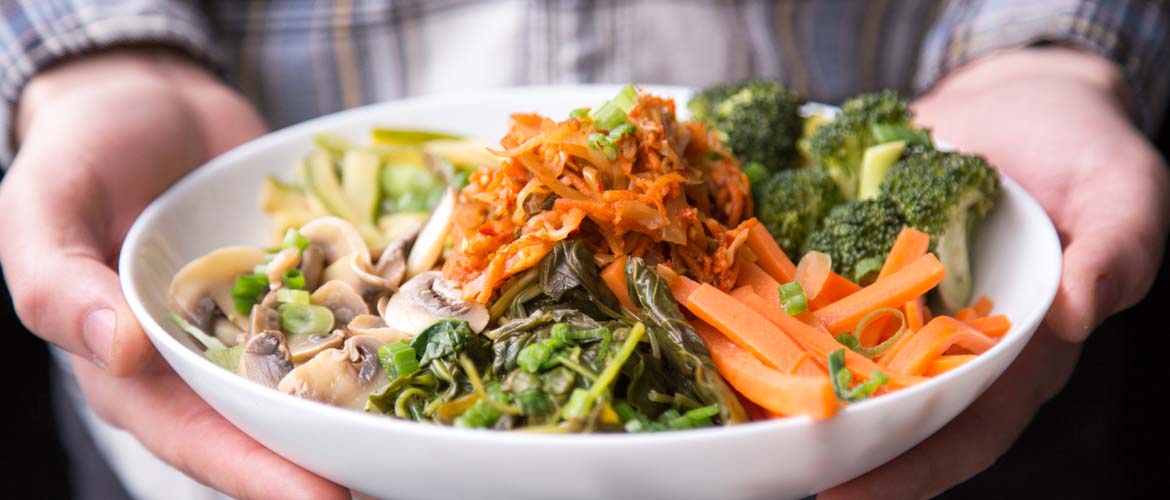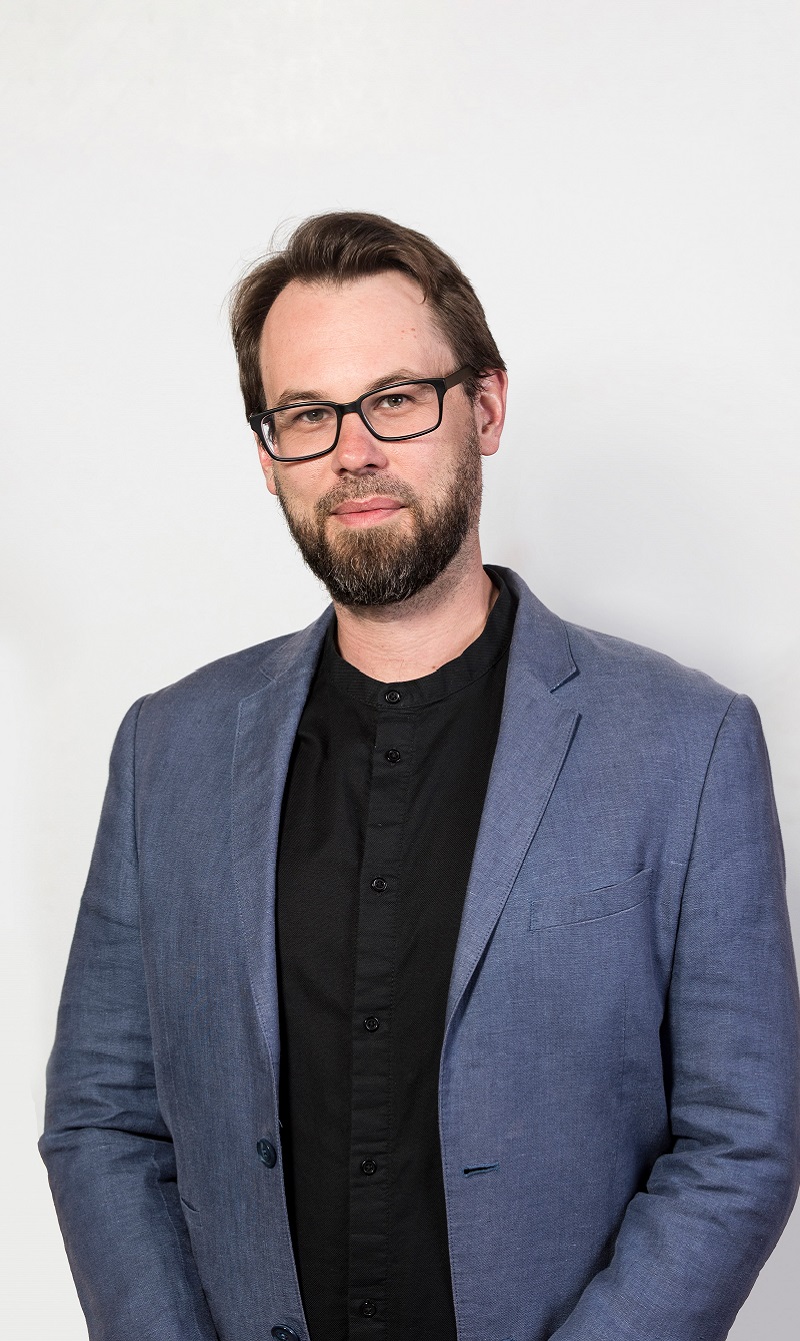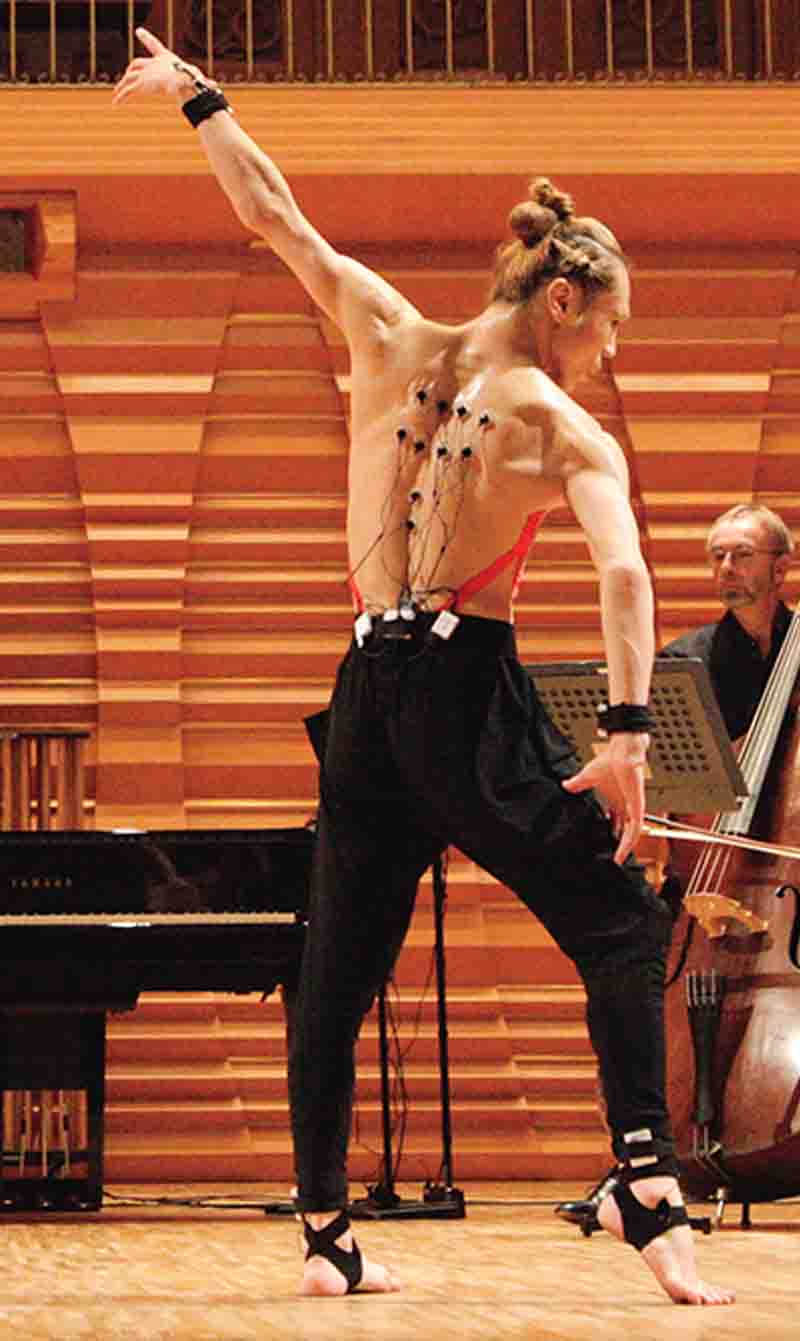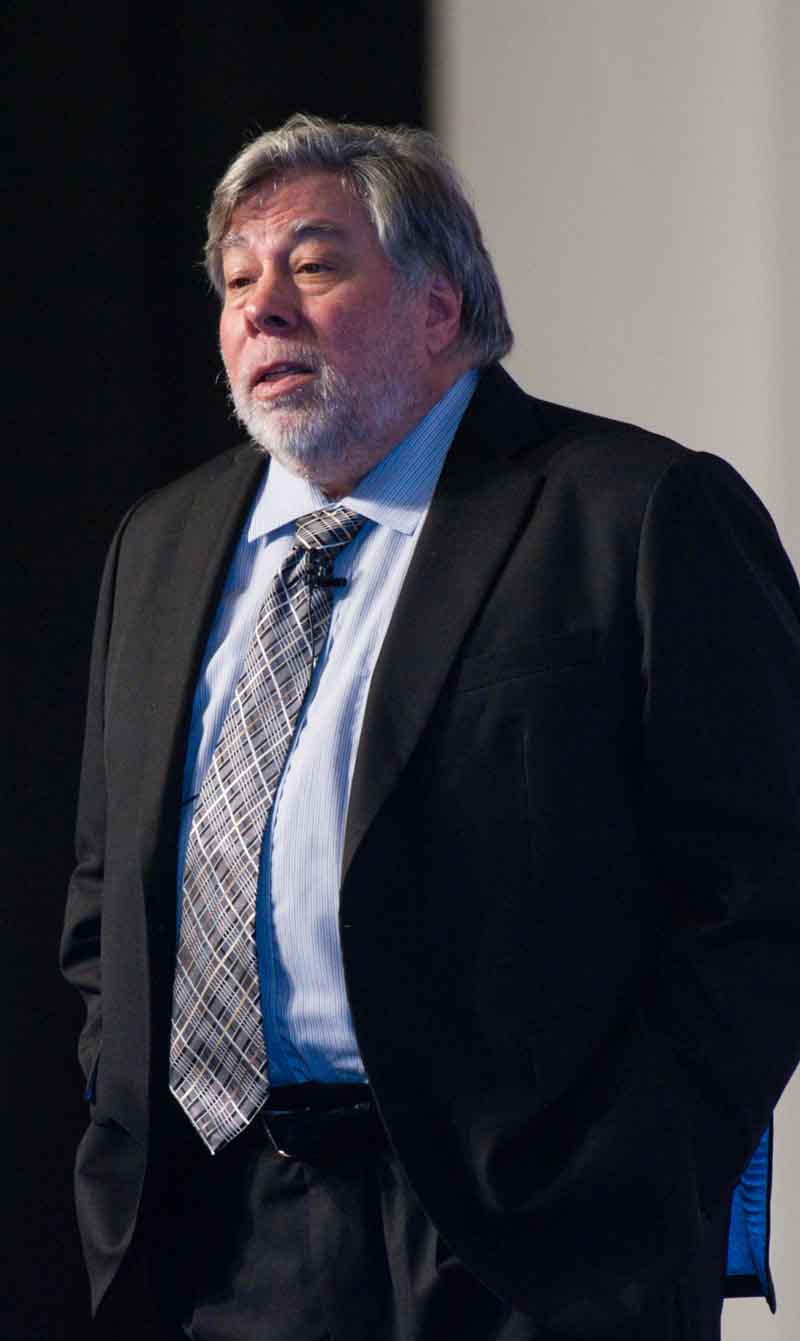The food project
TThe Picha Project in Malaysia seeks to empower refugees, enabling them to make a living in their own communities by doing what, for most, comes naturally and what they know best – cooking. Its co-founder, Suzanne Ling, tells us more about this social enterprise, its benefits and challenges.
According to the UNHCR, there are over 150,000 registered refugees from 59 countries in Malaysia. That may not seem like a large number, but as the refugee crisis continues, Malaysia’s discussing ways to better their policies in facing related challenges. More people are becoming aware of the crisis and taking it into their own hands to help refugees by doing what they see fit, including opening up business opportunities for them.
Refugees uncertainties of moving away from unstable homes bring various new struggles into their lives. This includes adjusting to a different environment, culture, adhering to rules and regulations of employment as well as education admission, to name a few. To help their situation within their limitations, societies are finding ways to help encourage refugees to better their lives.
Serving lives
This is exactly why three former college mates Suzanne Ling, Lee Swee Lin and Lim Yuet Kim founded their social enterprise in 2016 called The Picha Project. Through this initiative, they’re empowering refugee families in Malaysia to cater authentic meals from different cultures to companies, events and organisations.
The Picha Project idea started when they began volunteering at a refugee school in Cheras, Kuala Lumpur. Still in their early 20’s, while studying at UCSI University in Malaysia, they initiated awareness for fundraising events in refugee aid. They also created a platform called Hands of Hope Malaysia for their colleagues who wished to volunteer.
The pressing need to help came when they realised that refugee students were dropping out of school at an alarming rate. They found the root of the problem was the family’s financial situation that didn’t allow to pay for the already minimal school fees. Yuet Kim thought of helping them earn an income by what they already did daily: Cook.
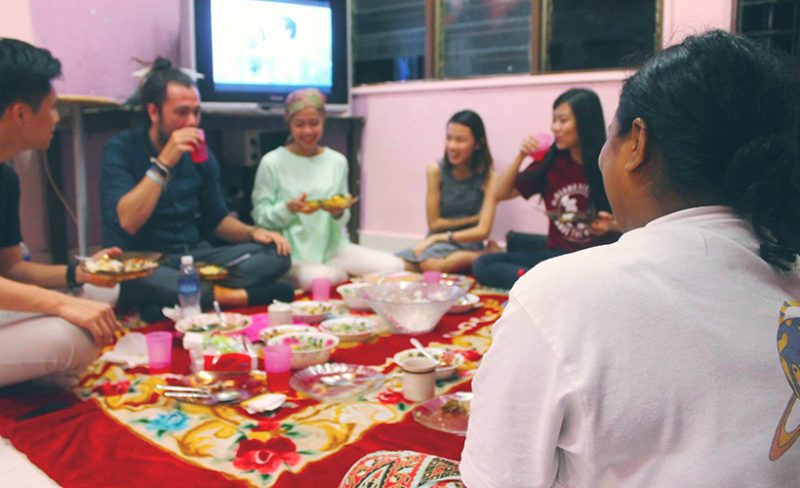
This was particularly inspired by one Myanmarese family whose son’s name was Pita (pronounced Pi-cha), which turned into the project’s name. ‘Our first order was delivered to a student event at UCSI University and the meal was made by Picha’s mother,’ Suzanne says. Since their first order in January 2016, The Picha project has grown from one refugee family to 10 families, and from a team of three to over six people – five full-timers, three part-time and one intern.
Most of the families they work with are referred by either NGOs or by the refugee communities. They’re selected through a process of, first, a phone interview, then a home visit and finally, a food tasting session.
‘If the background of the family and the food quality are fine, we’ll try out working with the family for two to three months. After a period of testing, we’ll officially have the family on our menu if both sides agree to proceed with this partnership,’ Suzanne explains. The current families involved are from Syria, Palestine, Myanmar, Iraq and Afghanistan.
‘We’ve also increased our revenue streams, from just doing meal boxes to buffet catering, corporate gifts, non-perishable products and open houses. We’ve also refined some parts of our business model since 2016,’ Suzanne explains.
Challenges
As a social enterprise, it isn’t usually easy to immediately earn a profit and gain financial sustainability. However, The Picha Project was profitable within the first six months as their fixed costs weren’t high and it was extremely lean with prices of food dishes.
For funding, they took part in a four-month accelerator programme and received a grant from Malaysian Global Innovation & Creativity Centre (MaGIC) and received a youth grant from MyHarapan. ’60 to 70 per cent of our sales are from catering of events, meetings, training and such, for corporate clients,’ Suzanne says.
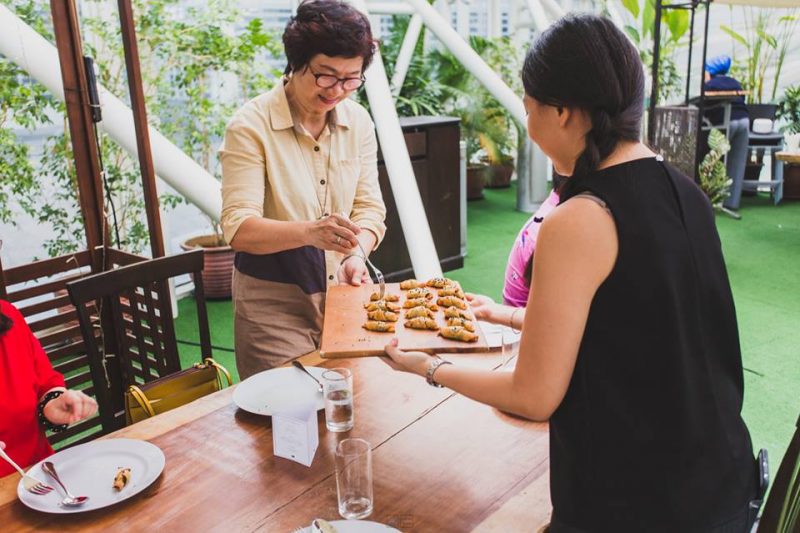
While they were successful in funding and cost management, they faced challenges in areas of sales, marketing, operations and staff. They were able to overcome the challenges by reaching out to mentors or books for guidance to understand how to better run a business.
‘I think the key here is to have an open attitude to learn from failures and challenges,’ Suzanne says. One of the toughest challenges, she admits, was the human challenge, where problems weren’t simply technical but emotional and people-oriented. ‘This requires more effort and time to solve,’ she says.
This is an example of the strengths and skills of refugee communities and connecting them with potential clients who require services such as sewing, cleaning and others. The Picha Project’s next steps for the next five years is to expand their revenue streams and expand their client base. ‘We’re also going to build an automated back-end system that will allow Picha Project to be replicated in other countries, with a business model that can empower communities and earn a profit at the same time,’ Suzanne concludes.
___________________
Hear from co-founder of The Picha Project, Suzanne Ling, at the AKEPT-WIEF Social Enterprise Forum. In view of Malaysia’s general elections which falls on one of the AKEPT-WIEF Social Enterprise Forum days, the event date has been postponed until further notice. Contact marketing@wief.org for more information.
Main photo by Hermes Rivera on Unsplash
External featured photo by Lan Pham on Unsplash
